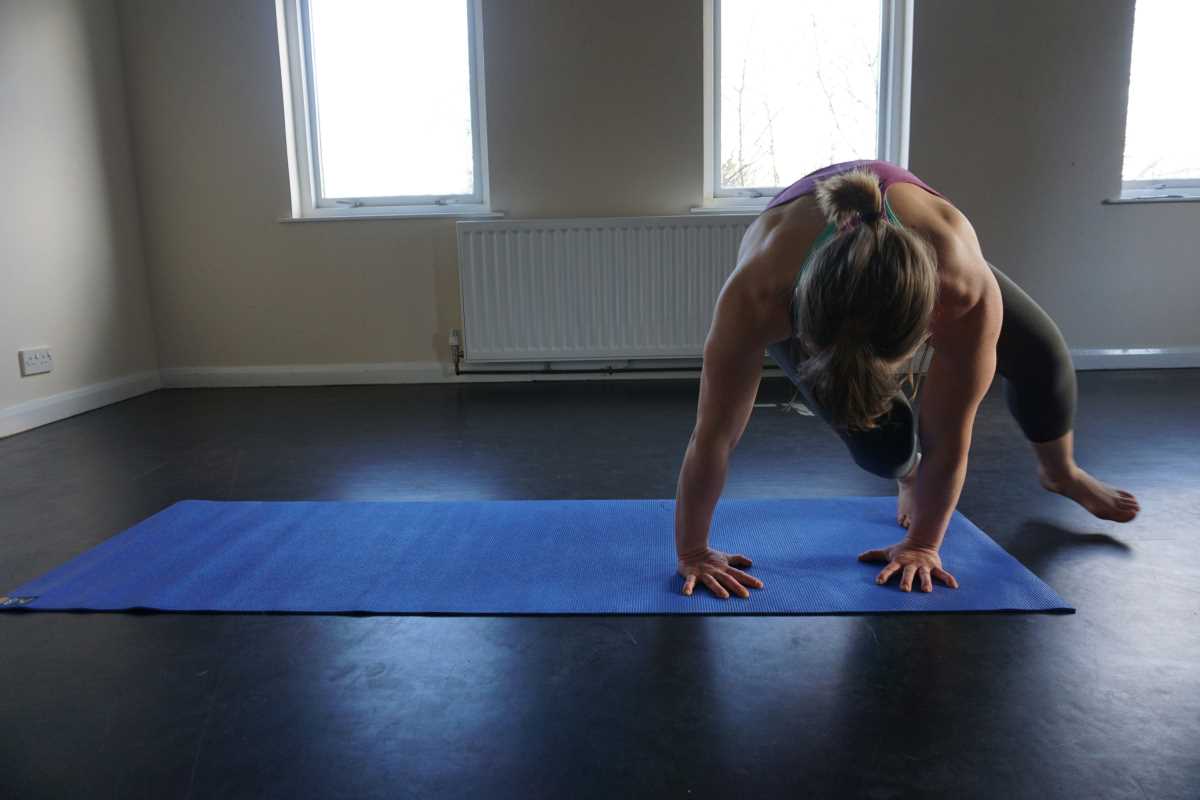Starting a journey towards a happy and healthy lifestyle is one of the best investments you can make in yourself. It can completely transform your daily routine, boosting your physical health, improving mental clarity, and helping you feel more energized and balanced. Whether you're taking small steps like drinking more water and getting better sleep, or making a full lifestyle shift by incorporating regular exercise and mindful eating, focusing on wellness is a rewarding goal with countless benefits. This toolkit is designed to guide you along the way, offering practical, easy-to-follow steps to help you embrace this journey and build habits that allow you to thrive in every aspect of your life.
Building a Positive Mindset
A positive mindset sets the foundation for overall wellness. By cultivating optimism and resilience, you can navigate life's challenges with greater ease. Here are some simple daily affirmations and mindset changes to get you started:
- Start each day by listing three things you're grateful for.
- Replace negative self-talk with encouraging statements.
- Set achievable goals to maintain a sense of accomplishment.
- Practice mindfulness to stay present and reduce stress.
- Surround yourself with positive influences and supportive people.
Nourishing Your Body
Proper nutrition is crucial for maintaining energy levels and supporting overall health. Here are some essential nutrients and meal planning tips to help you maintain a balanced diet:
- Proteins: Incorporate lean meats, beans, and nuts to support muscle growth and repair.
- Carbohydrates: Choose whole grains like brown rice and quinoa for sustained energy.
- Fats: Include healthy fats from sources like avocados, olive oil, and fish.
- Vitamins and Minerals: Eat a variety of fruits and vegetables to ensure you get essential nutrients.
- Hydration: Drink plenty of water throughout the day to stay hydrated and aid digestion.
Planning your meals in advance can also help you maintain a healthy lifestyle by ensuring you have nutritious options readily available. Consider preparing meals ahead of time or creating a weekly meal plan to streamline your eating habits.
Physical Activity for Well-Being
Regular physical activity is a cornerstone of a healthy life. Not only does it improve your physical health, but it also enhances your mood and cognitive function. Here are various forms of exercise and their benefits:
- Cardio: Activities like running, cycling, and swimming boost heart health and endurance.
- Strength Training: Lifting weights or using resistance bands helps build muscle mass and bone density.
- Yoga: Combines physical postures with breathing techniques to improve flexibility and reduce stress.
- Walking: A simple yet effective way to stay active, especially for those new to exercise.
- Dance: A fun way to increase your heart rate while expressing creativity and joy.
Incorporating a mix of these activities into your routine can keep exercise enjoyable and prevent monotony, ensuring you stay committed to your wellness goals.
Rest and Recovery
Rest is just as important as activity when it comes to maintaining a healthy lifestyle. Quality sleep and effective relaxation techniques play a vital role in your overall well-being.
Ensure you get 7-9 hours of sleep each night to allow your body to repair and rejuvenate. Establish a consistent sleep schedule by going to bed and waking up at the same times each day. Additionally, create a calming bedtime routine that might include reading, taking a warm bath, or practicing gentle stretching.
Incorporate relaxation techniques such as deep breathing, meditation, or progressive muscle relaxation into your daily routine to reduce stress and enhance mental clarity. Taking short breaks throughout the day to rest and recharge can also improve productivity and mood.
Strengthening Relationships
Healthy relationships contribute significantly to your emotional and social well-being. Building and maintaining strong connections with others provides support, reduces feelings of loneliness, and enhances your sense of belonging.
Here are some ways to improve your personal connections and foster social wellness:
- Communicate openly and honestly with friends and family.
- Make time for regular social interactions, whether in person or virtual.
- Show appreciation and express gratitude towards those you care about.
- Listen actively and empathetically to others' experiences and feelings.
- Engage in shared activities and interests to strengthen bonds.
Investing time and effort into your relationships not only enriches your life but also provides a support system that can help you navigate challenges and celebrate successes.
Adopting these practices can lead to a more balanced and fulfilling life. By focusing on a positive mindset, proper nutrition, regular physical activity, adequate rest, and strong relationships, you create a solid foundation for enduring wellness. Embrace these easy-to-follow steps and watch as your lifestyle transforms into one that is both happy and healthy.
 (Image via
(Image via





